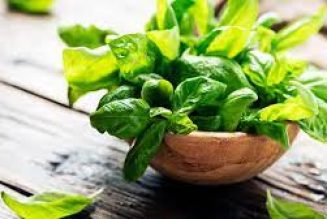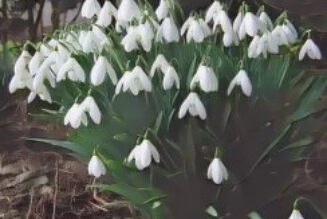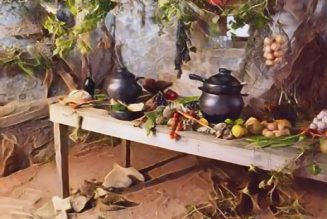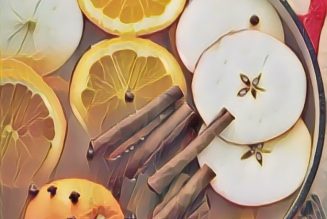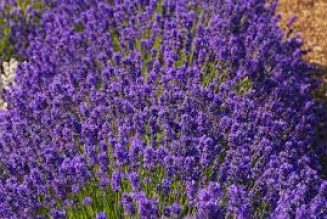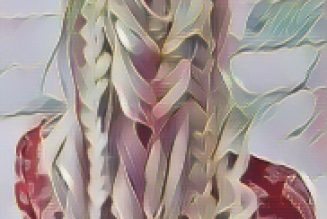Whether you are casting a simple spell, using items from your kitchen cupboard, or performing a complicated group ceremony, the source of the power behind it is the same. Every spell or ritual involves channelling the life force that runs through all forms of existence and transforming it into higher spiritual energies. These spiritual powers include our own evolved self, which some say is formed through many lifetimes, and the higher divine cosmic energies, such as a supreme god or goddess, or, more abstractly, some sort of divine light, spirit and goodness. Magick for healing, it must be said, is not so far removed from the prayers of conventional religions, whose positive influence is well documented. The same effect can be created whatever the focus or faith, For hundreds of years, angels have been invoked in magick, just as in religion, both for protection and to act as vehicles for healing or positive energies. Practitioners of white magick may focus on particular aspects of a god or goddess figure, or benign power, personified through different deities from many age and cultures. Most rituals are related to the basic human needs for health, love, fertility and prosperity. In past time, the well-being of the planet was considered to be the responsibility of peasant as well as king through paying tributes and enacting age-old ceremonies to invoke the necessary energies for the Wheel of the Year to turn. So individual prosperity or fertility was attained both through private spells and charms and by sending positive energies to the Earth and the cosmos and, in a sense, receiving bounty as those beams were amplified and returned to the sender. Folk or domestic magick was an important part of people’s everyday lives right up until the nineteenth century. In rural areas, the implements used in and around the home and garden could be easily adapted for use in magick; and for town-dwellers, flowers and herbs could be gathered on a day in the country or grown on allotments or in urban back gardens. In the days before central heating systems, the focus of the home was the family hearth. Focus is Latin for ‘hearth’ and from Ancient Rome to China, the household deities have always had their place, being offered morsels of food, nectar and flowers and consulted on family happenings. It was believed that the ancestors as well as the living gathered around the family hearth, and so it became a natural focus for magick. The witches’ cauldron started off as the iron cooking pot that hung over the fire (such pots are still used in country regions of Europe . Herbal brews were not only created to cure coughs and colds but also, with magical words spoken over them, transformed into potions to bring a desired lover, employment or an unexpected helping hand in times of sorrow. A grandmother would put any small coins she could spare into a money pot and warm it near the fire to ‘incubate’ the money into sufficient to mend the roof or buy new coats for the winter. A young wife eager to be pregnant would secretly prick a fertilised hen’s egg with a needle on the night of the full moon immediately before making love. Such actions were quite a normal part of life, a way of tapping into the same energies that made the cattle fertile and the corn set seed. Farmers would leave milk for the faeries that they might bring good fortune, young girls recited love charms while planting herbs in soil embedded with a would-be lover’s footprint. On Hallowe’en, housewives opened their windows and placed garlic on the window ledge so that only the good family dead might enter and take shelter from the cold. This simple folk magick, rather than ceremonial magick, forms the basis for the majority of spells. As above, so below’, the words of the semi-divine father of magick, Hermes Trismegistos, may originally have evolved from popular magick that is practised in many different cultures around the world to this day. They are certainly as applicable today as they ever were. Whatever the aim of your magick may be, if you look around your home, garden, workshop or even office, you have the necessary tools for the spells you require. What is more, rooted as they are in domesticity and the daily world, these implements could not be safer: fruit, vegetables, salt, sand, seeds, flowers, coins, pots and jars, together with your crystals, candles, incense and oils, and perhaps a few coloured scarves or ribbons to tie knots. Whether your spell is small and personal, or vast and universal, whether you are working to attract love, harmony in the home, prosperity or fertility for yourself or loved ones, for people in the wider environment or the planet, these are all you need.
Folk Magick And Ritual Magick
1592 views













